Student with narcolepsy to run 70km with University pals
A student with narcolepsy will need to nap several times as he and five friends take on an epic 70km (43.5mile) run.
A student with narcolepsy will need to nap several times as he and five friends take on an epic 70km (43.5mile) run.
Emeritus Professor Mike Jones died in September. His colleagues Professor Mark Clatworthy and Professor Stuart Cooper offer this remembrance to a pathfinder in many areas of accounting research who served as Professor of Accounting from 2009 to 2020 and as Head of Department of Accounting and Finance from 2009 to 2013.
The largest review of papers for brain cancer that has spread from the lungs has found abnormalities in the brain cancer and for which licensed drugs could be clinically trialled to find out if they could treat the disease. The research led by the University of Bristol and published in Neuro-Oncology Advances also found genetic differences between smokers and non-smokers.
New research has demonstrated the potential for the ADDomer ™ platform to produce thermostable vaccines and reagents to tackle viral infections The study led by the University of Bristol and Imophoron, a biopharmaceutical company developing thermostable nanoparticle vaccines using its ADDomer platform, is published in Antibody Therapeutics today [29 November].
New research has exposed how food charity in schools is becoming mainstreamed across England amidst the cost-of-living crisis, welfare cutbacks, and entrenched poverty.
An inspection design method and procedure by which mobile robots can inspect large pipe structures has been demonstrated with the successful inspection of multiple defects on a three-meter long steel pipe using guided acoustic wave sensors.
The University of Bristol is pledging £10 million over the next decade to develop a programme that will address racial injustice and inequalities both within the University itself and in the local communities it works with. This will also include presenting the institution’s founders’ historic links to enslavement in a proper context.
A company founded by a University of Bristol academic is pioneering a new technology that has the potential to revolutionise cancer diagnosis and treatment.
New research that compared the taste perception of less processed foods with ultra-processed foods (UPFs), found participants viewed UPFs no more pleasant tasting than less processed foods. The University of Bristol-led findings, published in the journal Appetite today [27 November], supports the theory that humans are programmed to learn to like foods with more equal amounts of carbohydrate and fat. Carbohydrate (including sugars) and fat provide most of the calories in human diets.
A new intervention for men with urinary problems trialled across GP practices has shown a sustained reduction in symptoms. Findings from the University of Bristol-led Treating Urinary Symptoms in Men in Primary Healthcare (TRIUMPH) study, involving over 1,000 participants and 30 GP practices, have been published in the British Medical Journal (BMJ). The study was funded by the National Institute for Health and Care Research (NIHR).
Two University of Bristol academics have been awarded prestigious European Research Council (ERC) Consolidator Grants to continue their pioneering research.
A team of University of Bristol experts are poised to join the 2023 United Nations Climate Change Conference, which will hold the world to account in addressing humanity’s most urgent and ambitious challenge.
A University of Bristol student who undertook an immense challenge of running three marathons in three consecutive days, despite never running a single marathon before, has raised a staggering £7,500 for charity.
The University of Bristol has joined the Evotec beLAB1407 BRIDGE Partnership, an innovative venture aiming to advance new therapeutic drug discoveries.
Professor Sir Eric Thomas, Vice-Chancellor and President of the University of Bristol from 2001 to 2015, died in November 2023 at the age of 70. This is a tribute by Barry Taylor, a colleague and friend.
Eating more ultra-processed foods (UPFs) may be associated with a higher risk of developing cancers of upper aerodigestive tract (including the mouth, throat and oesophagus), according to a new study led by researchers from the University of Bristol and the International Agency for Research on Cancer (IARC).
Striped skunks are less likely to evolve with their famous and white markings where the threat of predation from mammals is low, scientists from the University of Bristol, Montana and Long Beach, California have discovered.
As the Government publishes its much-anticipated review of spinouts, the University of Bristol highlights why these companies are thriving in the city – and bringing significant social and economic benefits with them.
A University of Bristol professor of primary care and GP is one of six researchers to have been awarded a National Institute for Health and Care Research (NIHR) Research Professorship. Professor Matthew Ridd, from Bristol’s Centre for Academic Primary Care, will carry out research to treat eczema in children and identify and address children’s food allergies.
Students can now build, track and evidence the skills they learn at the University of Bristol through an interactive online platform.
Scientists at the University of Bristol have discovered why fulminating gold – the world’s first known high explosive – produces a purple smoke when it detonates, solving a 400-year-old alchemy puzzle.
Feeding dogs raw (uncooked) meat increases their risk of excreting E. coli that cannot be killed by a widely used antibiotic - ciprofloxacin - researchers at the University of Bristol have found from a study of 600 healthy pet dogs.
Quantum scientists have discovered a rare phenomenon that could hold the key to creating a ‘perfect switch’ in quantum devices which flips between being an insulator and superconductor.
Scientists carrying out quantum research will be able to do so faster and more adaptably, thanks to a new robotic arm which could hold the key to major breakthroughs.
A new study that examined all cardiac arrests occurring during or soon after surgery in more than 300 UK hospitals over a one-year period ‒ has identified that this extremely dangerous and often fatal event occurs in 3 per 10,000 surgeries requiring anaesthesia. The study is published in Anaesthesia.
Young people whose mothers experienced periods of depression during their lifetime were less likely to study at university, new research led by the University of Bristol has found. The study is published in the Journal of Affective Disorders.
A total of 20 University of Bristol academics have been named on Clarivate’s Highly Cited Researchers 2023 list - up by three on last year.
Animal offspring may survive better when their groups are in greater conflict with rival factions, research from the University of Bristol has shown for the first time.
Human impacted soils tend to harbour different microbial communities to those areas less affected by human activities, a team of researchers working with Bristol school children have found.
Professor Sir Eric Thomas FMedSci, former Vice-Chancellor and President of the University of Bristol, sadly passed away on Friday 10 November 2023 aged 70 following a short battle with cancer. He was Bristol's 12th Vice-Chancellor, and led the University for 14 years between 2001 and 2015 during a period of significant change in higher education.
A world-first research programme led by the University of Bristol that will identify adults at high risk of developing type 1 diabetes opens for recruitment today. Launching on World Diabetes Day [Tuesday 14 November], the Type 1 Diabetes Risk in Adults (T1DRA) study aims to recruit 20,000 adults, aged between 18 and 70, from the general population to assess their risk.
New research reveals millions of people around the world living in poverty have been experiencing a ‘climate hazard flip’ since the turn of the century.
Work is forging ahead on the new gateway to Bristol as the West of England’s Metro Mayor Dan Norris was joined by Mayor Marvin Rees earlier today [Wednesday 8 November] to check out the new ‘Eastern Entrance’ to Bristol Temple Meads station as it begins to take shape.
‘Courage’ and ‘inspiration’ were the watchwords at a University of Bristol event marking 60 years since the Bristol Bus Boycott.
A University of Bristol palaeontologist has attended a star-studded event in Tinseltown where new independent documentary ‘WHY DINOSAURS?’ was screened for the first time.
A CT scan of an often-overlooked, plant-eating dinosaur’s skull has revealed that it had a unique combination of traits associated with living animals that spend at least part of their time underground, including a super sense of smell and outstanding balance. The work is the first to link a specific sensory fingerprint with this behaviour in extinct dinosaurs.
The Minister for Health and Social Services has published the Assisted Dying in Jersey Ethical Review report, which has contributions by three experts of medical law and ethics from the universities of Bristol, Manchester and Toronto.
Domestic cats introduced from the Near East and wildcats native to Europe did not mix until the 1960s, despite being exposed to each other for two thousand years.
Young entrepreneurs who invented a portable menstrual cup cleaner while at the University of Bristol have won a Royal Academy of Engineering competition.
Bringing artificial intelligence (AI) and biosciences together to tackle major societal challenges is the aim of a new five-year £1.6m project involving the University of Bristol and several other UK universities.
 (1).jpg)
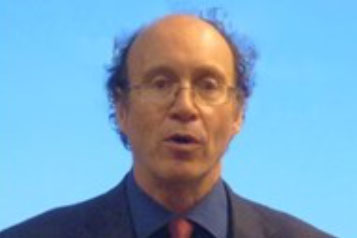
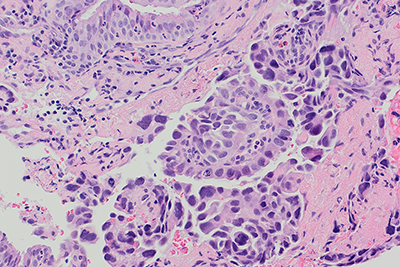
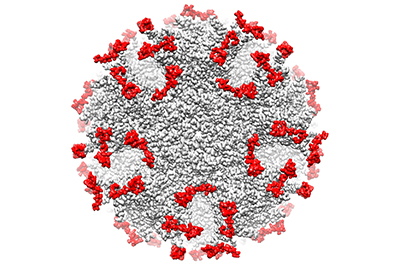

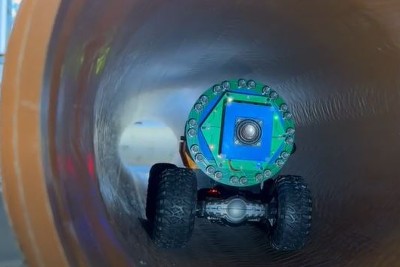
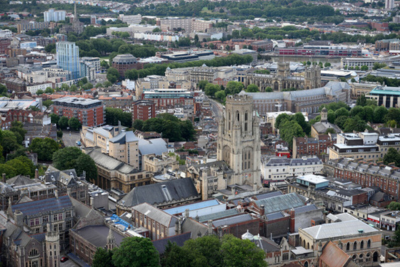
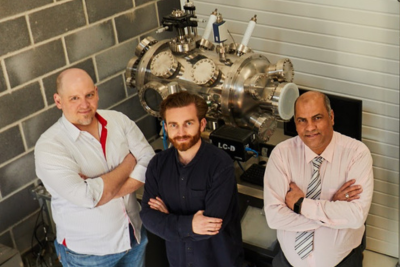





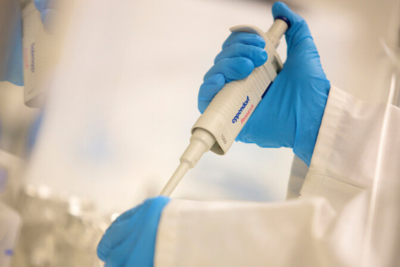
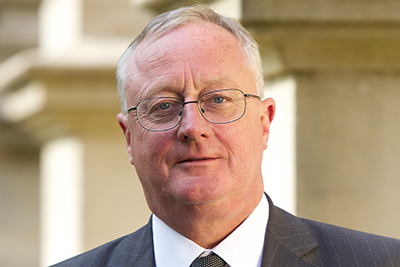



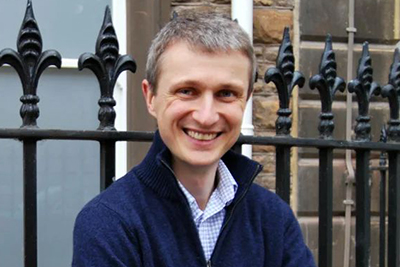
.jpg)



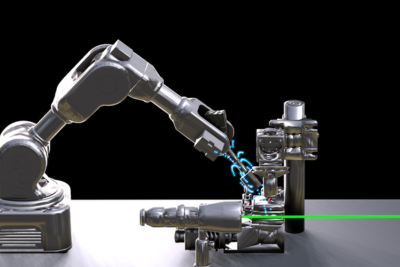
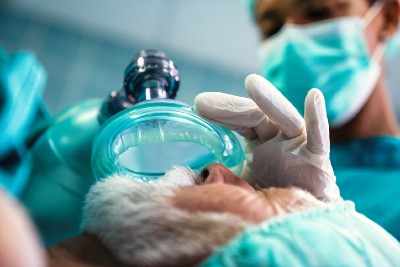
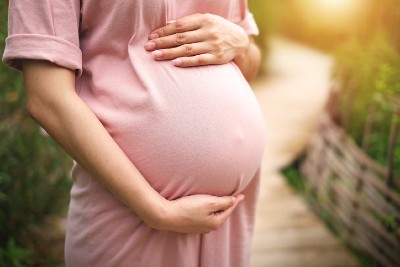
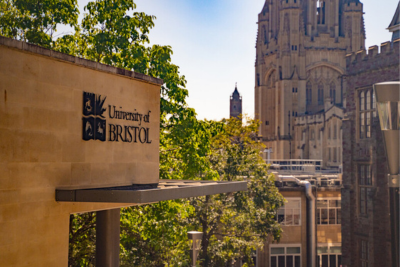
.jpg)
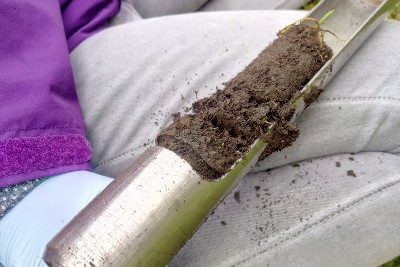
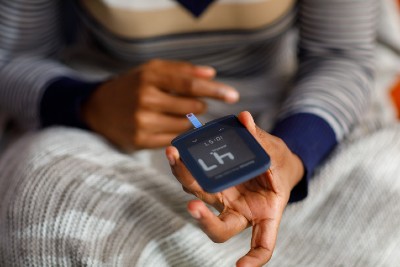
.jpg)

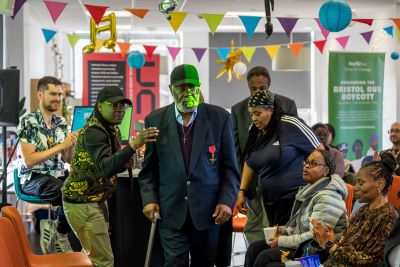
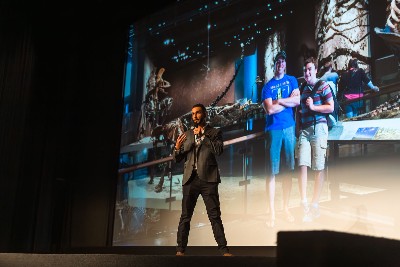


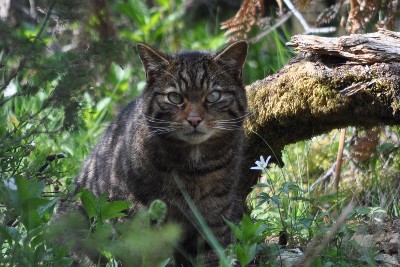
.jpg)
